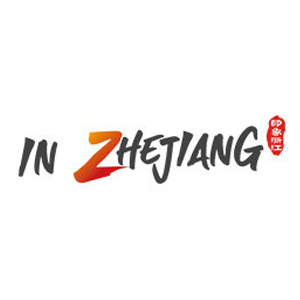Takeaways from the fifth WIC
2018-12-29 02:59:40 source: 世界互联网大会官网

Jiang Fei, director of the Center for Intercultural Communication Studies at Beijing Foreign Studies University.
The World Internet Conference has been successfully held annually for five years since it was launched in 2014.
From the first WIC, which called for "An Interconnected World Shared and Governed by All -- Building a Cyberspace Community of Shared Destiny" with its theme, to this year's "Creating a Digital World for Mutual Trust and Collective Governance — Towards a Community with a Shared Future in Cyberspace", the conference is maturing, said Jiang Fei, director of the Center for Intercultural Communication Studies at Beijing Foreign Studies University.
Now, the conference is providing a platform to both Chinese and foreign internet companies to exchange experiences and technologies, Jiang said.
This year's conference saw more than 1,500 guests from around the world, including government delegates, representatives of international organizations, leading figures of Chinese and foreign internet enterprises and renowned experts and scholars.
At the WIC's Light of the Internet Exposition, more than 430 companies and institutions from 25 counties and regions displayed new products and technologies showing endless possibility for improving people's future lives.
In addition, the conference unveiled the 15 top recent global scientific and technological achievements, selected from more than 400 leading internet scientific and technological achievements from China, the US, the UK, Germany, France, Russia and Canada, showing the latest technologies in fundamental theory, technological innovation, product process and assembly, business model and cross-category achievements.
During the last five years, China has made tremendous progress in the digital economy.
As a part of the digital economy, e-commerce is booming in China. On this year's shopping carnival on Nov 11, Alibaba broke its 2014 sales record at 51.7 billion yuan within 36 minutes, and final sales reached a historic high of 213.5 billion yuan.
China earned second place on a global digital economy development ranking, which included 150 different countries and regions according to a report jointly released by Alibaba and KPMG.
China's digital economy grew to 27.2 trillion yuan last year, up 20.3 percent year-on-year and accounting for 32.9 percent of the country's gross domestic product, according to the Cyberspace Administration of China.
Moreover, the country will continue to support development in this regard.
On Sept 20, the National Development and Reform Commission signed an agreement with China Development Bank that will invest 100 billion yuan to develop the digital economy over the next five years.
The investments will go to projects in big data, internet of things, cloud computing, smart cities and the digital Silk Road.
read more




